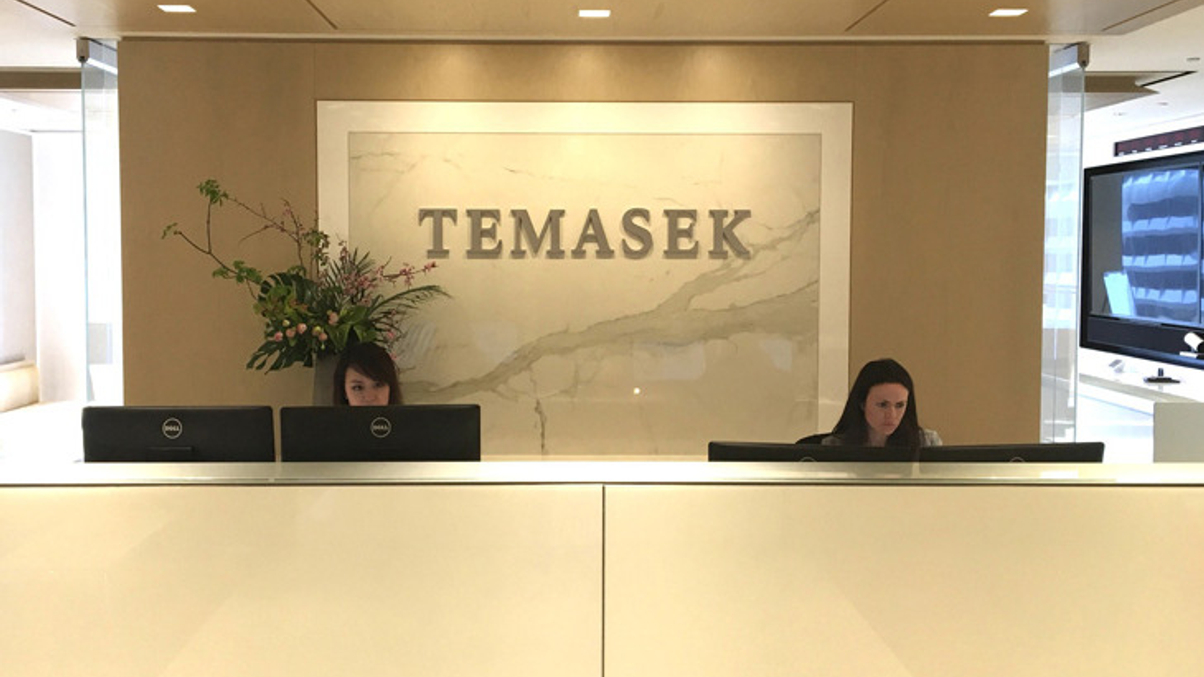Temasek ready to work with carbon-intensive businesses to transition
Singapore’s state-run investment giant’s vice chairman of sustainability tells AsianInvestor that transition risks will be part of the investment landscape, but the opportunities in Asia are ripe for the picking.

Singapore’s state-owned conglomerate Temasek said that climate risks – including partnering with carbon-intensive emitters - needs to be considered as part of the investment process to remain competitive over the long-term.
Sign in to read on!
Registered users get 2 free articles in 30 days.
Subscribers have full unlimited access to AsianInvestor
Not signed up? New users get 2 free articles per month, plus a 7-day unlimited free trial.
¬ Haymarket Media Limited. All rights reserved.


